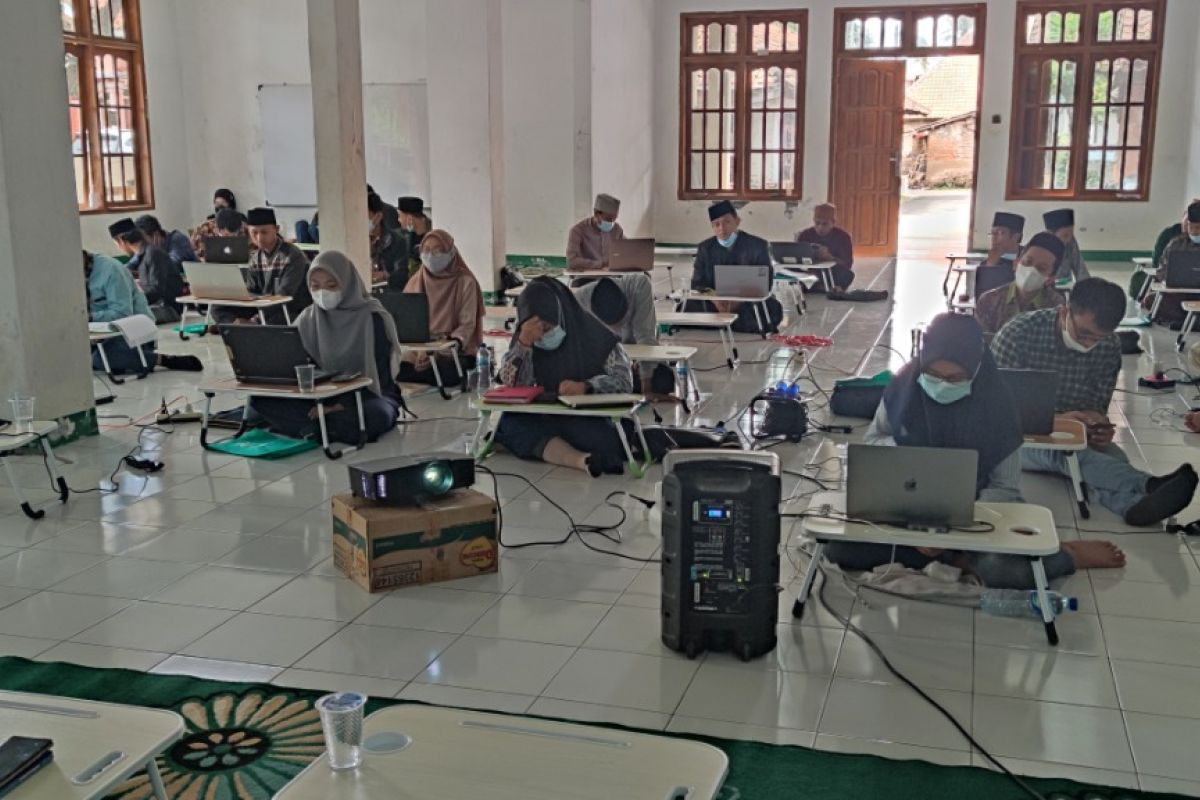Islamic boarding schools, or “pondok pesantren,” have long been revered as traditional institutions of Islamic education, with a history spanning centuries. In Indonesia, these institutions have evolved into centers of religious education and ethics, demonstrating resilience against the test of time.
In the face of globalization and rapid technological advancement, pondok pesantren are presented with new challenges and opportunities for transformation. The crucial question is, in this digital era, how can pondok pesantren reform their management and transform to produce globally competitive students? Several strategies can be employed to modernize the management of contemporary pondok pesantren.

First, Modernizing the Curriculum. The initial step in transforming the management of pondok pesantren is by modernizing their curriculum. Traditionally focused on religious studies, the curriculum now needs to encompass general subjects that align with current demands. Students should learn not only jurisprudence, exegesis, and hadith but also information technology, foreign languages, and other life skills. This broadened curriculum is essential for students to thrive in an increasingly integrated and technology-driven world.
Second, Leveraging Digital Technology. Pesantren are beginning to integrate digital technology into their educational processes. The use of e-learning, educational apps, and online platforms has become an integral part of daily student life. This technological integration not only facilitates the teaching and learning process but also expands students’ access to global educational resources. Consequently, students can learn from diverse sources worldwide, unbound by geographical and temporal constraints.
Third, Developing Soft Skills. Beyond academic knowledge, pondok pesantren must also focus on developing soft skills such as leadership, communication, and problem-solving. These skills are crucial in preparing students for the challenges of the global workforce and society. Programs like leadership training, extracurricular activities, and social projects should be included in the curriculum. This approach ensures that students are not only academically proficient but also capable of interacting and collaborating effectively with diverse groups.






